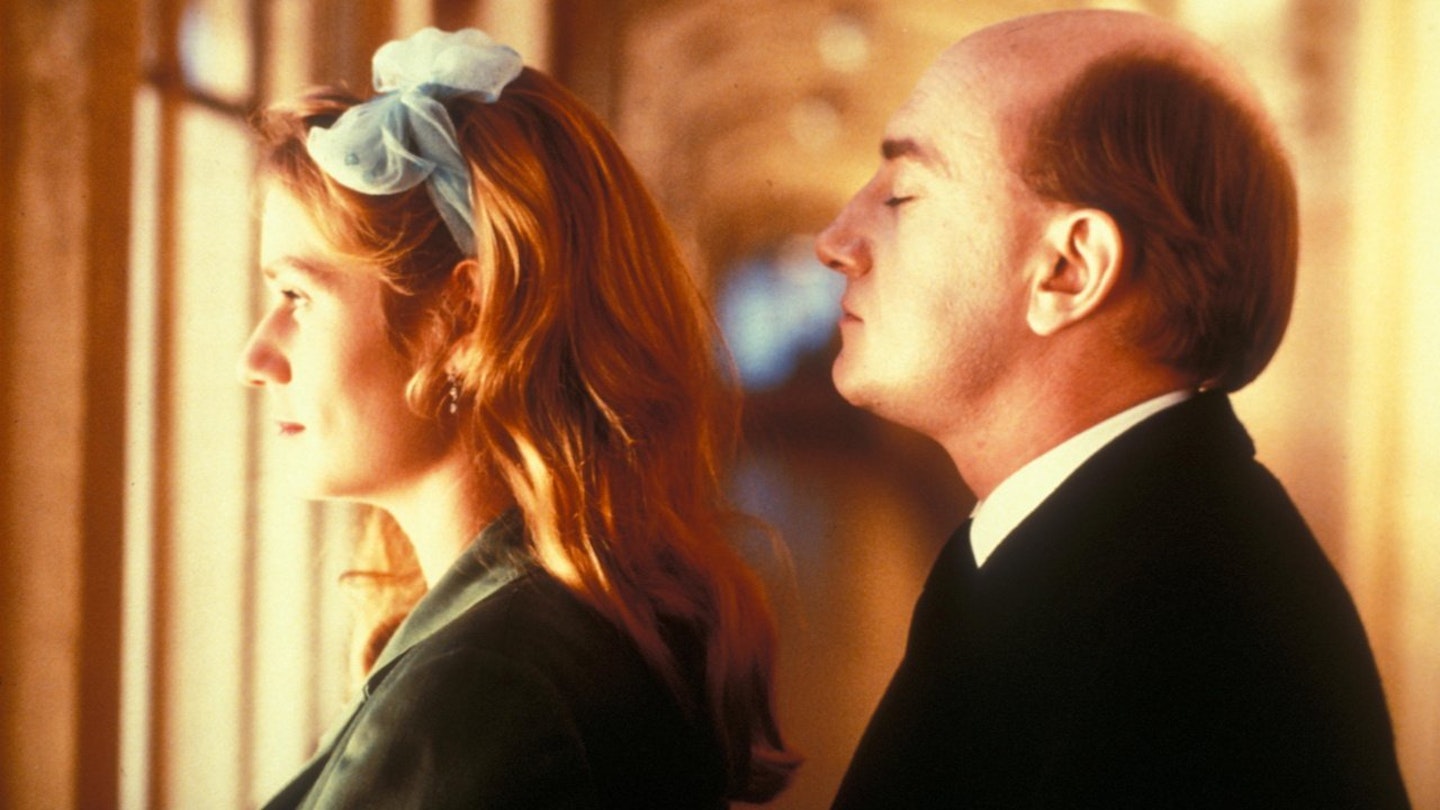Dapper, balding, and fastidiously attired in the discreet dress of a provincial bank manager, Monsieur Hire is, in fact, a tailor by day and a voyeur by night. At all times, he is a loner, indifferent to his neighbours who in their turn dislike and ridicule him. When a local girl whom he has known since her childhood is found brutally murdered, he is the obvious and instant suspect and the police inspector in charge of the case is convinced of his guilt.
Working from his own adaptation of a novel by Georges Simenon, Patrice Leconte has manufactured a police-cum-psychological thriller of impressive stylishness. Off-beat choices made in camerawork and editing help to create an atmosphere at once threatening and intriguing, while both the plot and structure of the screenplay play cat and mouse with the audience's emotions.
The splendid Michel Blanc's Hire is, by his very presence, a sinister figure, an impression emphasised by the extraordinary menagerie of caged mice which he keeps in his workshop. At the same time, however, he is a figure of sad dignity, eliciting sympathy as he carefully eats his boiled egg of an evening, to the accompaniment of a Brahms duartet played over and over again on his record player. Then, though, we see that M'sieur spends his evenings covertly glued to the activities with and without her lover of the beautiful girl (Bonnaire) in the apartment opposite. Perhaps he's not as harmless as he at first seems.
When it becomes apparent that Monsieur Hire's interest transcends mere voyeurism, that he is, indeed, abjectly in love with the girl, a strange sympathy resurfaces, despite the ambiguity of his intentions. Leconte and his players expertly rack up the tension, uncertainty and bizarre eroticism to grip the attention, and a surprise ending really does catch one unawares. In the debit column is the implausibility of the revelations that serve to explain the behaviour of the protagonists and, more daringly, shallowness in the characterisation of the girl. Her behaviour and demeanour hint at some complex and fascinating possibilities, none of which are developed and which leave her reduced to wholly ambiguous plot fodder.
